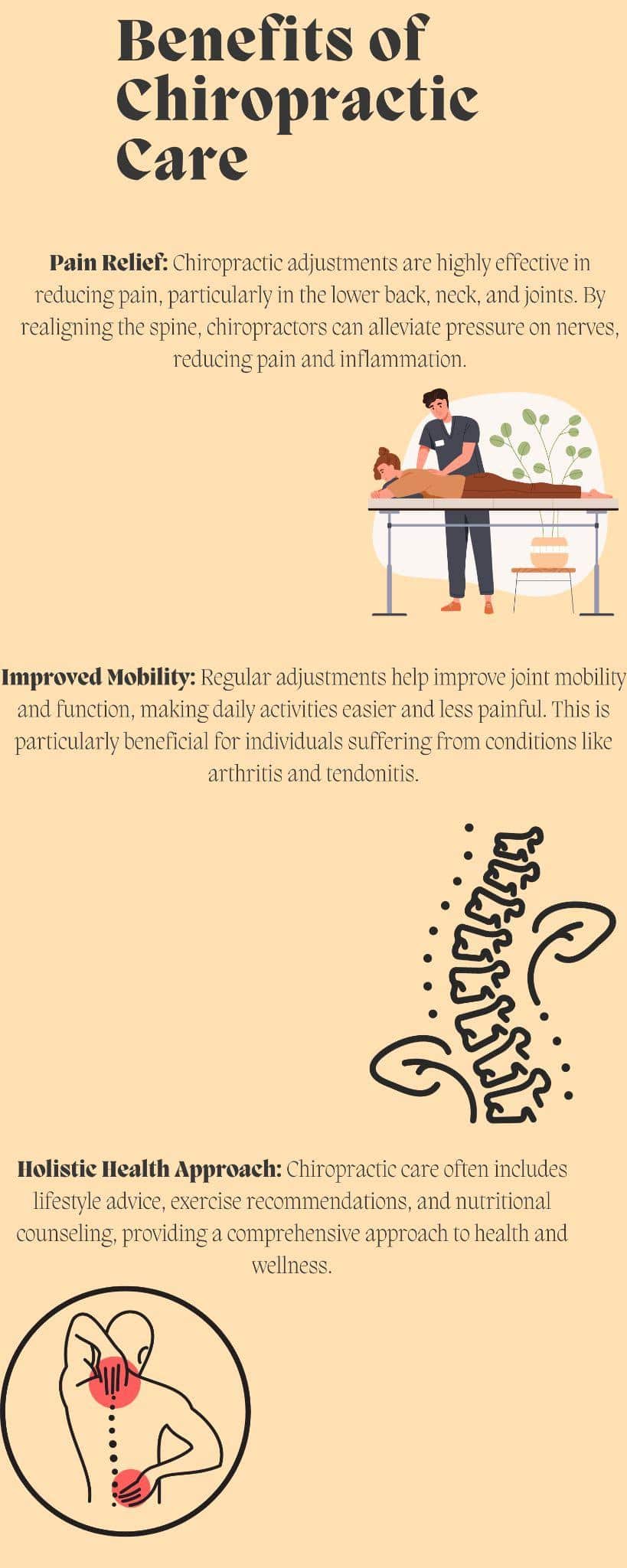Becoming a new mother is a profound and transformative experience, bringing immense joy alongside significant challenges. Globally, approximately 13% of women experience postpartum depression (PPD) after childbirth, with prevalence rates varying across different regions.
In the United States, about 1 in 8 women report symptoms of PPD, highlighting the importance of mental health support during the postpartum period.
Research highlights the importance of self-care and access to support systems, as they play a key role in recovery and adaptation.
These insights underline the need for holistic approaches to maternal care, ensuring new mothers receive the guidance and resources necessary for a positive postpartum experience.
Postpartum Recovery: Strategies For New Moms
The postpartum period is a transformative and often challenging time for new mothers, requiring a balanced approach to physical healing, emotional well-being, and learning how to care for a newborn.
This phase, known as the “fourth trimester,” is critical for long-term maternal health. Incorporating effective strategies can significantly enhance recovery and help new moms thrive in their roles.
Below, we explore five key approaches, starting with chiropractic care and extending into practical tips for nurturing overall wellness.
Chiropractic Care: Restoring Balance And Alleviating Pain
Chiropractic care offers tailored support for new mothers, addressing physical strains caused by pregnancy and childbirth.
- Easing Postpartum Discomfort: During pregnancy, the body undergoes changes that can lead to spinal misalignments, resulting in back, neck, and pelvic pain. Chiropractic adjustments focus on realigning the spine, providing relief from these common discomforts. Research from organizations like the American Chiropractic Association highlights the effectiveness of chiropractic care in improving mobility and reducing postpartum pain.
- Improving Pelvic Floor Function: The pelvic floor often bears the brunt of pregnancy and delivery. Chiropractic care, in conjunction with pelvic floor therapy, can restore strength and function, reducing the risk of incontinence and other complications.
- Encouraging Proper Posture: Feeding and carrying a newborn can strain a new mother’s posture. Chiropractors often provide ergonomic advice to help moms maintain healthy postures, preventing chronic pain.
- Boosting Emotional Health: Physical discomfort can exacerbate stress and anxiety. By alleviating pain, chiropractic care can contribute to a more positive emotional state.
Before starting chiropractic treatments, consult a healthcare provider, like an obgyn, to ensure the approach is safe and beneficial for your unique needs.

Prioritizing Nutrition: Fueling Recovery
Postpartum nutrition is paramount for healing and maintaining energy levels, especially for breastfeeding mothers who need an additional 450-500 calories per day.
- Nutrient-Dense Foods: Focus on whole foods rich in vitamins and minerals. Include lean proteins, leafy greens, whole grains, and healthy fats in your meals to support tissue repair and provide sustained energy.
- Iron and Calcium: Many new moms experience postpartum anemia. Iron-rich foods like spinach, lentils, and fortified cereals can combat fatigue. Calcium is equally important for bone health, especially if breastfeeding.
- Hydration Matters: Staying hydrated is key to recovery and breastfeeding. Aim for at least 8-10 cups of water daily. Adding electrolyte-rich drinks can further support your energy levels. To ensure the water you’re drinking is pure and safe, choosing the right filtration system is vital. The Waterdrop Reverse Osmosis Water Filter is one of the best reverse osmosis systems, providing clean, pure water to support your health and hydration.
Meal planning or seeking help from family members to prepare meals in advance can make healthy eating more manageable during the busy postpartum phase.
Gentle Physical Activity: Regaining Strength Safely
While rest is vital in the early weeks, incorporating light exercise when ready can significantly improve physical and mental health.
- Walking: One of the simplest and safest exercises, walking can help improve circulation, boost mood, and gradually rebuild stamina.
- Postpartum Yoga: Yoga enhances flexibility, reduces stress, and strengthens core muscles weakened during pregnancy. Postpartum-specific yoga classes cater to new moms’ unique needs.
- Pelvic Floor Exercises: Kegel exercises can help strengthen the pelvic floor, aiding in bladder control and overall recovery.
Always seek medical clearance before starting any exercise routine, and listen to your body to avoid overexertion.
Building A Support Network: Emotional And Practical Assistance
Motherhood can be isolating, but a strong support system can ease the transition.
- Family and Friends: Accepting help from loved ones for tasks like cooking, cleaning, or babysitting allows you to focus on recovery.
- Support Groups: Joining postpartum or parenting groups, either in person or online, provides a sense of community and shared understanding. Platforms like Postpartum Support International connect mothers to resources and support networks.
- Partner Involvement: Sharing responsibilities with your partner fosters teamwork and ensures that both parents are actively involved in caregiving.
Building these connections helps new moms feel supported, validated, and less overwhelmed.
Prioritizing Rest And Mental Health
The demands of motherhood can quickly lead to exhaustion. Protecting your rest and mental health is key for long-term wellness.
- Sleep Strategies: Newborns often disrupt sleep schedules, so take naps whenever possible. Sleeping when the baby sleeps can help mitigate sleep deprivation.
- Mental Health Awareness: Postpartum depression (PPD) affects 1 in 8 mothers in the United States, according to the CDC. Recognizing the signs—persistent sadness, anxiety, or withdrawal—is vital. Seeking professional help early ensures timely intervention.
- Mindfulness Practices: Techniques such as deep breathing, meditation, or journaling can help manage stress and improve focus. Apps like Calm or Headspace offer guided meditation sessions tailored for busy moms.
Prioritizing self-care and mental health ensures that new mothers are emotionally equipped to care for their families.
Creating A Routine: Finding Balance Amidst Chaos
Establishing a flexible routine can bring a sense of order to the unpredictable postpartum period.
- Baby Care Schedules: Track feeding, sleeping, and diaper changes to identify patterns. Parenting apps like BabyCenter or Glow Baby can simplify this process.
- Time for Yourself: Dedicate small pockets of time for self-care, when it’s enjoying a quiet cup of tea or taking a short walk.
- Limit Overcommitments: Setting boundaries with visitors and obligations gives you the space to focus on recovery and bonding with your baby.
Routines should be adaptable, allowing you to respond to your baby’s changing needs while ensuring your own well-being.

Wrapping Up
Motherhood is a journey of growth, and the postpartum period is a time to embrace change, build resilience, and nurture self-discovery.
Cherish small moments of joy and connection with your baby, as these form the foundation of your bond. Remember, every mother’s experience is unique, and seeking help or celebrating your progress is a testament to your strength and adaptability.


















